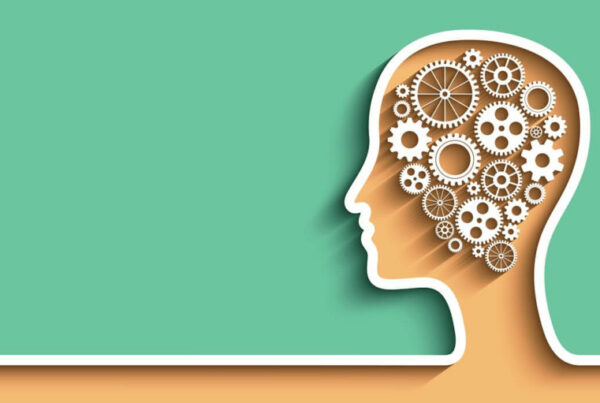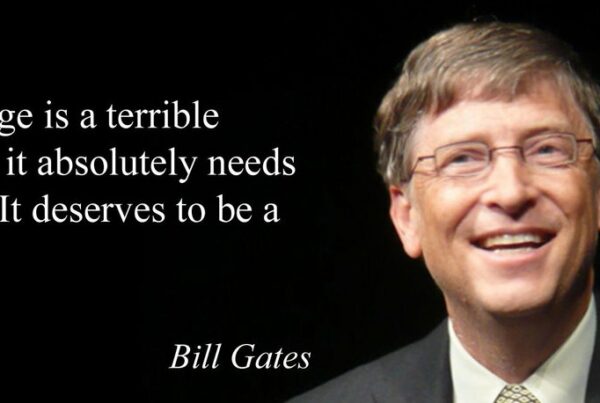The Fourth Industrial Revolution that Deloitte explores in Issue 22, marries together the advanced manufacturing techniques with IoT to create interconnected systems that communicate, analyze and use the information to drive intelligent action. The Fourth Industrial Revolution is presenting its own challenges to executive leadership that are less prepared than they think, such as in the areas of strategy development, and choosing investment in positions rather than in bold investments to drive disruption. However, surveyed executives are crystallizing that various challenges and opportunities available through the new globalization of the Fourth Industrial Revolution with an overarching “genuine commitment to improving the world.”
- The survey explores responses from 2,000 C-suite executives from 19 countries with the objective of discovering where leaders and making the most progress, and what sets the best apart.
- “Societal Impact” is rated among leaders as at the most important factor for their organization with 75% of respondents saying their organization took steps to improve either their products or services.
- An ever-increasing array of technology coupled with a lack of strategic vision is proving to be the most pervasive challenge for many organizations.
- Leaders and millennial workforce differ in opinion about the required skill set range and development responsibility for participating in the Fourth Industrial Revolution space.
- A subset of four types of leaders is emerging with the changing landscape, including Social Supers, Data-Driven Decisives, Disruption Drivers, and Talent Champions.
I read the article mentioned above (https://www2.deloitte.com/insights/us/en/deloitte-review/issue-22/industry-4-0-technology-manufacturing-revolution.html) and thought it was interesting. While I am not offering an endorsement of a strategy, tactics, thoughts, service nor a company or author, the information was intellectually stimulating and thoughtful and worth a review.








